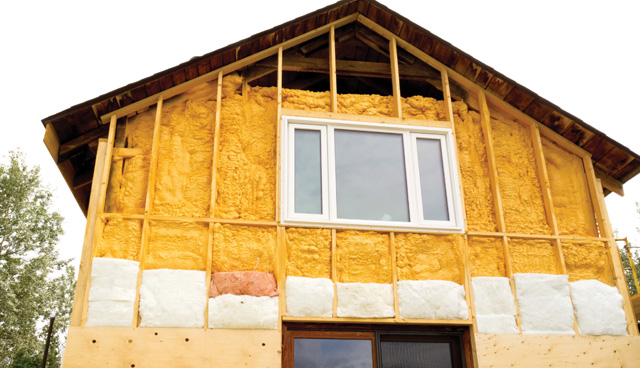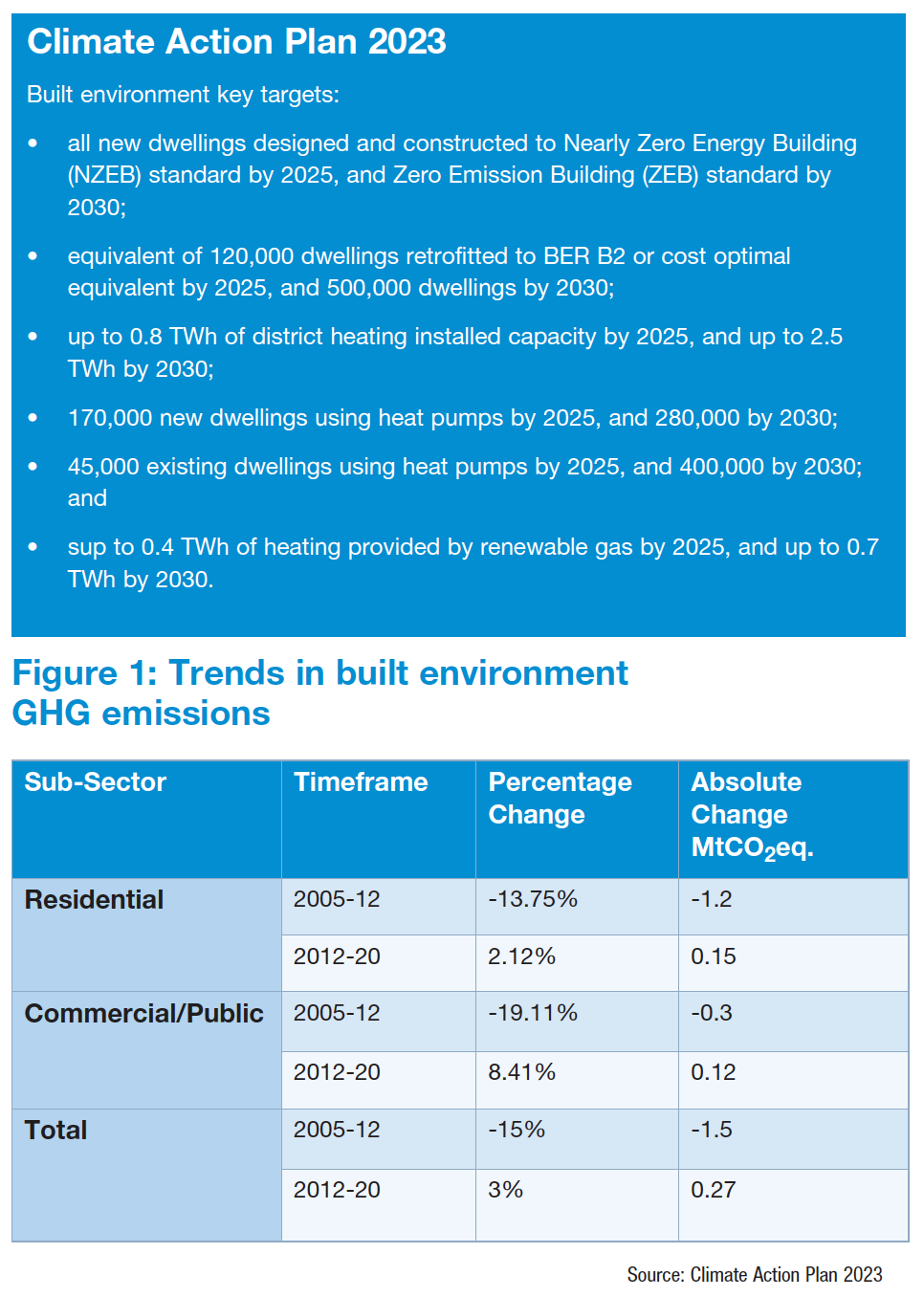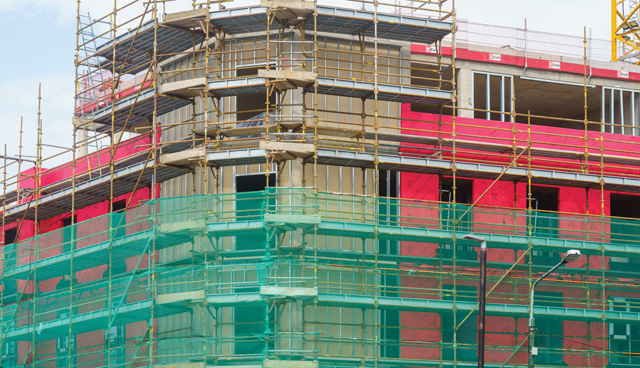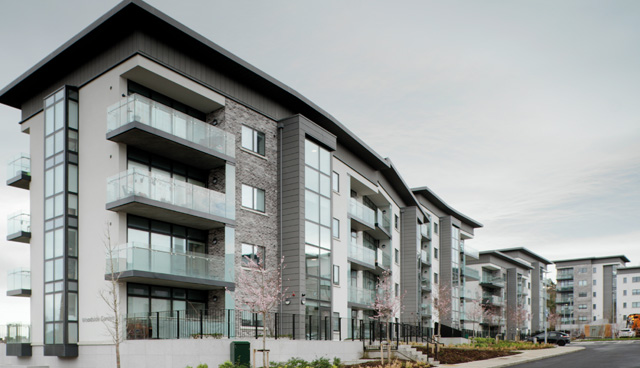
A growing trend meeting diverse and emerging needs
18th July 2023Uisce Éireann enables communities to thrive by supporting housing delivery
18th July 2023Climate Action Plan 2023 consolidates retrofit delivery ambition

Government ambitions to retrofit one-third of the State’s housing stock by 2030 have been given fresh emphasis under Climate Action Plan 2023 (CAP23), the framework to deliver economy-wide carbon budgets and sectoral ceilings.
Published in December 2022, the third iteration of the Climate Action Plan (CAP) encompasses an objective to accelerate the delivery, rather than raise, the Government’s ambitions around retrofitting.
Climate Action Plan 2023 is the framework through which the Government intends to meet the economy-wide carbon budgets and sectoral emissions ceilings, as well as the emissions reduction targets set out in the Climate Action and Low Carbon Development Acts.
A target to retrofit 500,000 buildings to BER B2 by 2030 was first mooted in Climate Action Pan 2019, but the introduction of the carbon budgets has necessitated an acceleration in delivery. The CAP sets out a target of all new dwellings designed and constructed to Nearly Zero Energy Building (NZEB) standard by 2025 and equivalent of 120,000 dwellings retrofitted to BER B2 or cost optimal equivalent.
Sectoral emissions ceiling
The sectoral emissions ceiling for the built environment has been set at 36 MtCO2eq. for the first carbon budget period, from 2021 to 2025, and 28 MtCO2eq for the second carbon budget period, from 2026 to 2030. These ceilings have been further subdivided between the residential and commercial/public sub-sectors, as set out in Figure 1.
To meet the ambition of retrofitting one-third of the State’s housing stock by 2030, it is estimated that some 76,000 retrofits per year must be completed from 2026 onwards, compared to 15,500 in 2021.
In 2021, the built environment (residential, public, and commercial sectors) accounted for 12.3 per cent of Ireland’s greenhouse gas emissions, underpinned by the fact that an estimated 73 per cent of dwellings still use fossil fuels as a heat source.
The National Development Plan outlined an unprecedented €8 billion (including €5 billion in carbon tax revenues) to support upgrades to 2030. The subsequent National Retrofitting Scheme includes a range of key measures, including the new National Home Energy Upgrade Scheme, the creation of one-stop shops, an increase in the number of free upgrades to those in energy poverty, and a special enhanced grant rate, equivalent to 80 per cent of the typical cost, for attic and cavity wall insulation for all households, to urgently reduce energy use as part of the Government’s response to current exceptionally high energy prices.
Skills
Investment will also be tailored to developing skills and enhancing the supply chain. The retrofit programme alone will require the associated workforce to increase from around 4,000 full-time equivalents in 2021 to at least 17,400. The Green Skills for Further Education and Training (FET) Roadmap 2021-2030, launched in 2022, provides a framework for enhancing the workforce, alongside the opening of additional Centres of Excellence will allow increased demand for skills in retrofit and NZEB to be met, with an overall NZEB training target for 2022 of 4,550.
Heat
Alongside retrofitting ambitions, CAP23 sets out the installation of 0.8 TWh of district heating capacity by 2025 and 2.5 TWh by 2030. By 2025, the Government hopes to have 170,000 new dwellings using heat pumps, rising to 280,000 by 2030. For existing dwellings the target set by CAP23 is 45,000 by 2025, rising to 400,000 by 2023.
Up to 0.4 TWh of heat is to be provided by renewable gas by 2025, and up to 0.7 TWh by 2030.
Importantly, CAP23 asserts: “All buildings will need to switch to heat pumps or district heating by 2050, meaning that the gas grid will no longer supply existing homes and commercial premises. It will also require the urgent ending of new gas connections or the installation of new fossil heating systems in new or refurbished buildings. Where heating systems are being upgraded, this should be to non-fossil fuel systems.”
A new National Policy Statement on Heat will guide the Government’s overall response to the National Heat Study across all sectors and a key driver of change will be a new Renewable Heat Obligation, to be introduced by 2024.






